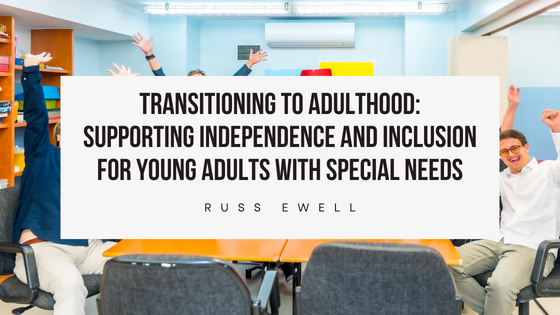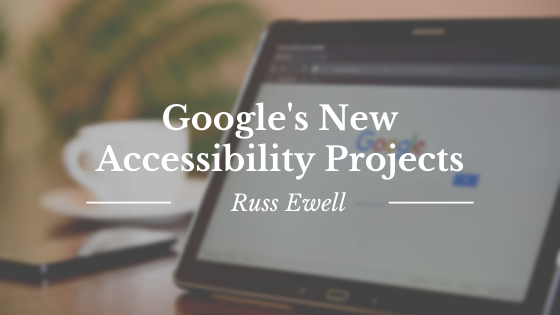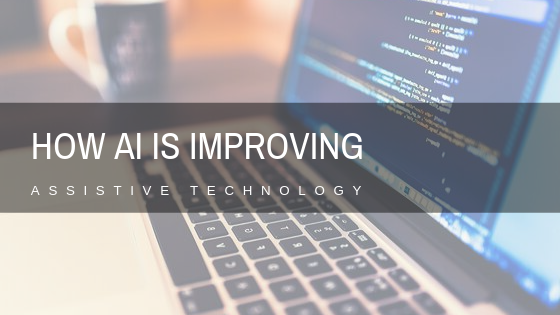As young adults transition into adulthood, it’s essential to ensure that individuals with special needs are supported in their journey toward independence and inclusion. This pivotal phase marks a time of exploration, growth, and self-discovery, and with the right resources and guidance, young adults with special needs can thrive and contribute meaningfully to society.
One of the fundamental aspects of supporting young adults with special needs is providing access to education and vocational training tailored to their unique abilities and interests. By offering inclusive educational programs and vocational training initiatives, individuals with special needs can acquire valuable skills that enhance their employability and enable them to pursue fulfilling careers.
Moreover, fostering independence involves equipping young adults with essential life skills that empower them to navigate daily challenges confidently. This includes teaching practical skills such as financial literacy, time management, and household management, which are integral to leading an independent and autonomous life.
In addition to practical skills, fostering independence entails promoting self-advocacy and self-determination. Encouraging young adults to voice their preferences, make decisions, and advocate for their needs empowers them to assert their autonomy and actively participate in shaping their futures.
Furthermore, creating inclusive environments that celebrate diversity and embrace individuals of all abilities is crucial for promoting social inclusion and belonging. By fostering a culture of acceptance and understanding, young adults with special needs can feel valued, respected, and included in their communities, enhancing their sense of belonging and well-being.
As young adults with special needs embark on their journey toward independence, providing ongoing support and encouragement is essential. This includes access to mentorship programs, peer support networks, and community resources that offer guidance, motivation, and assistance as they navigate the complexities of adulthood.
In conclusion, supporting young adults with special needs in transitioning to adulthood requires a multifaceted approach that addresses their unique needs, strengths, and aspirations. By fostering independence, promoting inclusion, and providing ongoing support, we can empower young adults with special needs to lead fulfilling and meaningful lives as valued members of society.



